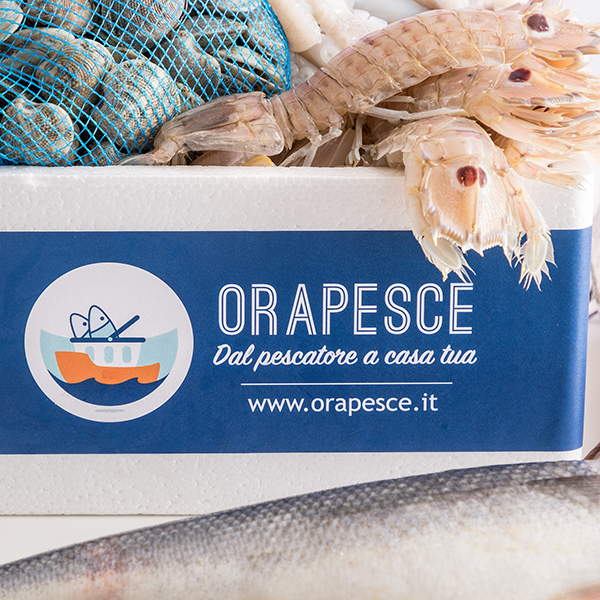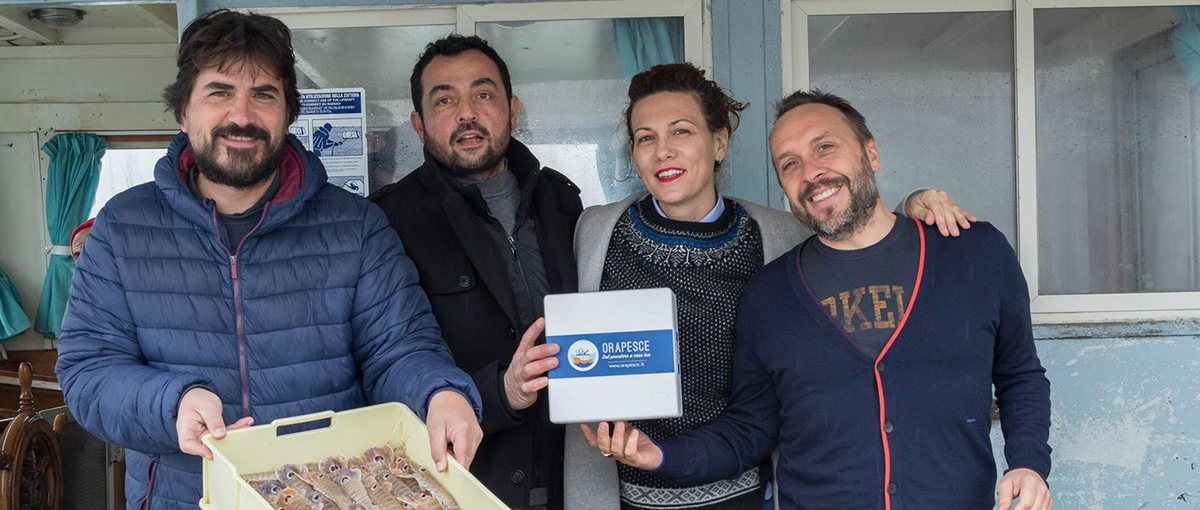 The coronavirus crisis is forcing business schools to bolster their online learning environments, but remote study may involve a trade-off between flexibility and networking
The coronavirus crisis is forcing business schools to bolster their online learning environments, but remote study may involve a trade-off between flexibility and networking
The coronavirus crisis has split opinion on remote teaching. Business schools have raced to close campuses and migrate classes online, but some MBA students are demanding tuition fee refunds and deferrals, arguing that online learning is a subpar experience.
Proponents, however, argue that this could be the tipping point for online education, an unexpected opportunity to prove the detractors wrong, catalyze innovation in teaching methods and put forward a test case for digital delivery of degree programs. While many students will be eager to return to campus when the lockdown finally ends, there is a section of the population for whom a bolstered online learning environment will appeal to.
Doing an MBA online or on campus: trade-offs
The decision between doing an MBA online or on campus may come down to the trade-off between flexibility and networking, as well as a student’s lifestyle and work ethic.
Online courses attract people who want their studies to be compatible with work and family commitments. They can pursue the degree at their own pace, rather than quitting their job and incurring a substantial opportunity cost of not earning a salary for up to two years.
“The advantage is that online study is flexible and personalized,” says Federico Frattini, dean of MIP Politecnico di Milano Business School in Milan, which puts on the iFlex online program. “Participants can choose when, where and how to attend the lessons. Students have total freedom and can incorporate their studies with their family and work.”
But online learning requires much more commitment to keep up with classes and coursework, especially if you are working full-time or raising a family. “Online courses suit those who are self-motivated and have good time management,” says Frattini.
Students often dramatically underestimate how long they will spend looking for the next professional opportunity after graduation, says George Andrews, associate dean of degree programs at Rice University’s Jones Graduate School of Business in Texas. Balancing a career search with a job, study and family obligations is a “Sisyphean task”, he adds.
On-campus courses come with stricter deadlines and suit people who work better in structured environments, rather than mavericks. Individual learning styles can influence the choice of study modes too. “Some people prefer face-to-face exchanges, while others thrive in online formats,” says Paulo Prochno, assistant dean for online programs at the University of Maryland’s Robert H. Smith School of Business.
Financial concerns
Finance is an important consideration for prospective students. “The cost of attendance for an online student can be less since there are no lost wages, no relocation expenses and no regular commuting costs,” says Andrews from Rice Jones. Tuition fees for Online MBAs can be a fraction of the price, which reflects reduced overheads, with teaching facilities and faculty being expensive.
In theory, remote study improves access to students who can study from anywhere in the world without giving up their job and salary. In reality, most students live locally to campus in many online programs. “A high percentage of our students live in Texas, but many live in states across the country. A few are internationals,” says Andrews, of his school’s MBA@Rice online program.
The diverse perspectives of overseas students would enrich learning through group work. However, they want to be fully immersed in an environment that is different to their home, says Andrews. “They want the complete experience, not just the education.”
MBA online vs. in-class: other concerns
Another challenge for overseas students is tuning into live classes from disparate time zones. Remote study may not be suitable for a relocation to the US either, since it does not qualify international students for a 12-month work visa through Optional Practical Training, a popular scheme.
Stacy Blackman, an admissions consultant in Los Angeles, says candidates should also consider their chances of being admitted to an MBA. “Online programs are more open to those candidates who aren’t perfect with respect to work experience and test scores,” she says, citing entrance requirements. “Acceptance rates are much higher with online programs than traditional MBAs.”
For instance, at many schools, online students can skip the GMAT or GRE admissions tests if another element of their candidacy, such as leadership experience or educational attainment, is exceptional.
But schools insist that admissions standards for online and on-campus programs are equally rigorous.
For many students, the big downside to a digital degree is the limited opportunity to build a network. Full-time students spend far more time together building bonds.
“Many students presume they would miss out on networking opportunities, due to the belief that face-to-face communication creates stronger, more human connections,” says Frattini at MIP. However, he adds that online students are keen to share their experience and knowledge with peers. They join the same alumni network as their counterparts on campus.
Andrews says that building meaningful relationships with peers is central to any MBA, regardless of mode of study. Online MBA students cultivate contacts via weekly live lectures at Maryland Smith. “If there’s a drawback to online study, it’s the challenge of providing a community experience,” says Prochno.
“These sessions engage the entire class,” he adds. “They all see one another and the faculty in real time — an opportunity to create a real sense of community.”
Online programs invariably offer opportunities for face-to-face networking, such as through on-campus residencies and global study trips. MBA@Rice students have visited Mexico City and attend optional weekend meet-ups in Houston where “lasting relationships with classmates and faculty are solidified”, says Andrews.
The boundary between online and campus learning is being blurred as students demand more flexibility in how, when and where they study. The coronavirus has accelerated this trend. For instance, at the UK’s Warwick Business School, MBA students starting this fall will be able to switch between online and in-class learning, at will.
Likewise, students at Carnegie Mellon University’s Tepper School of Business can transfer from the online to the full-time MBA program and vice-versa.
Cindy McCauley, Online MBA director, says this option appeals to students who are considering a campus program but are concerned about leaving their job in the current economic crisis. “They can start in our Online MBA and then transfer when the timing is better,” she says. “This is a particularly strong selling point given the uncertainty of today.”
This article was originally published here: https://find-mba.com/articles/should-you-apply-for-an-online-or-campus-mba-when-lockdown-ends








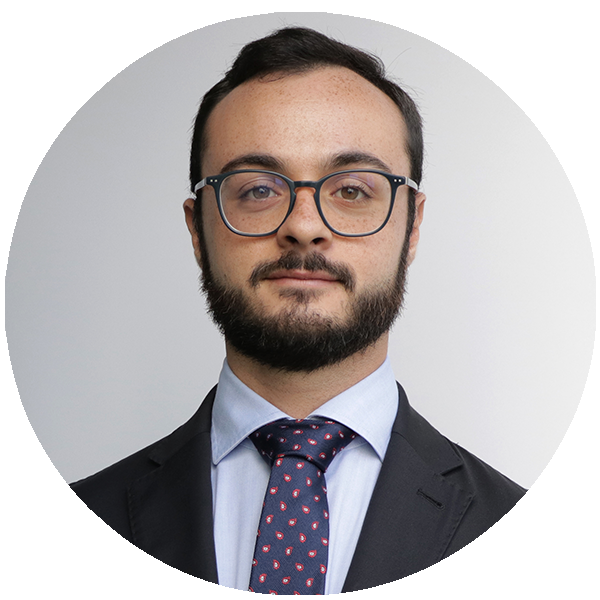


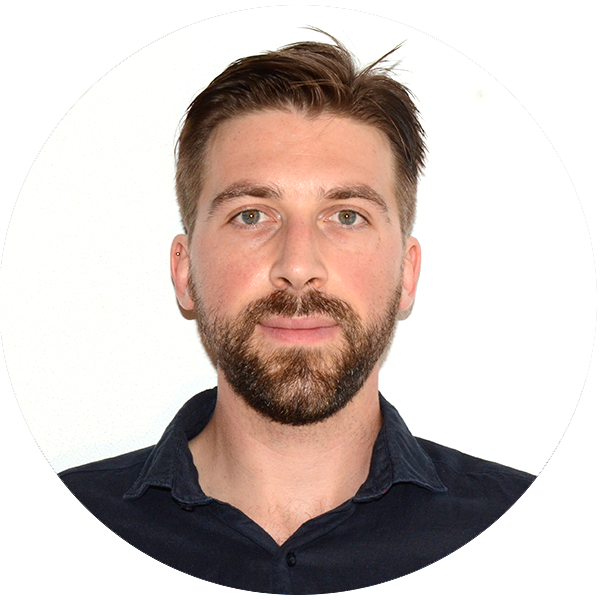


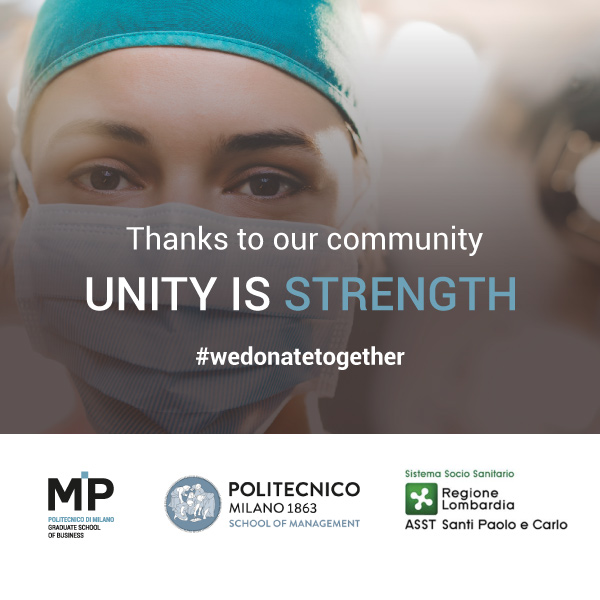
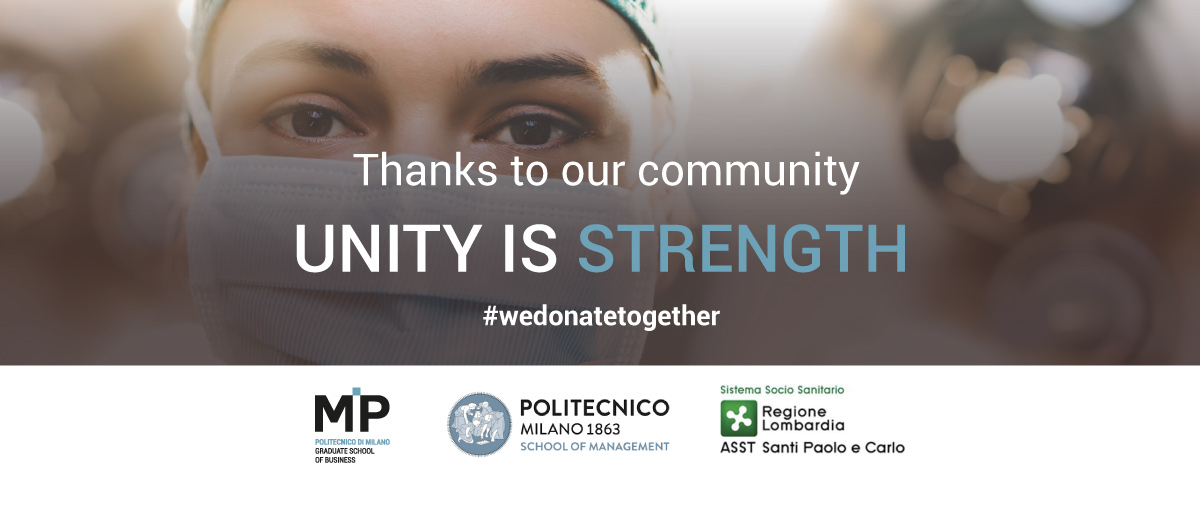 Unity is strength! Students, alumnae and alumni, professors and all staff of MIP and of the School of Management of the Polytechnic of Milan: together we have tried to give concrete support to the San Paolo and San Carlo hospitals in Milan, to the patients and to the medical staff who have fought relentlessly to treat patients affected by Covid-19.
Unity is strength! Students, alumnae and alumni, professors and all staff of MIP and of the School of Management of the Polytechnic of Milan: together we have tried to give concrete support to the San Paolo and San Carlo hospitals in Milan, to the patients and to the medical staff who have fought relentlessly to treat patients affected by Covid-19.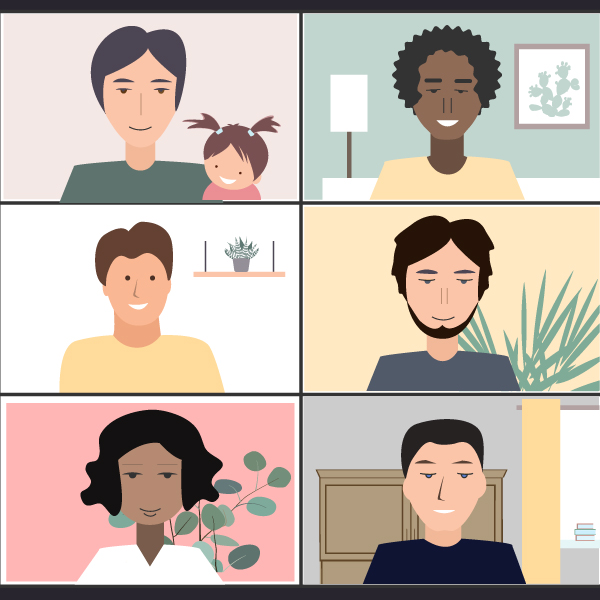


 The coronavirus crisis is forcing business schools to bolster their online learning environments, but remote study may involve a trade-off between flexibility and networking
The coronavirus crisis is forcing business schools to bolster their online learning environments, but remote study may involve a trade-off between flexibility and networking